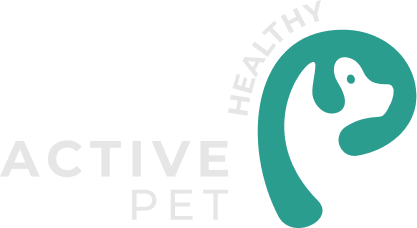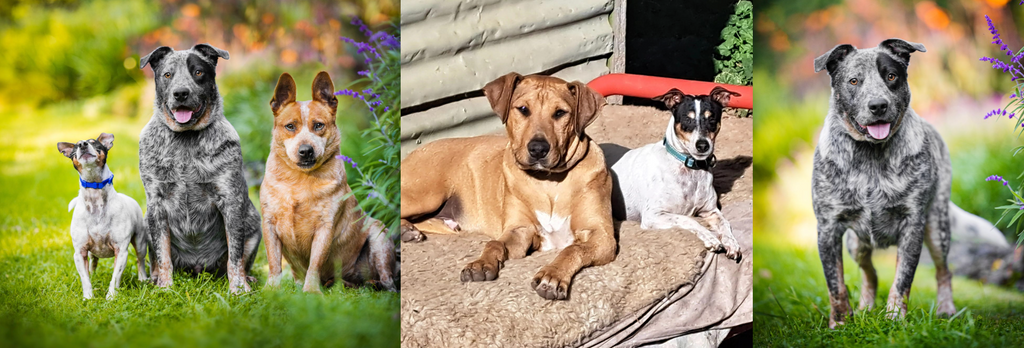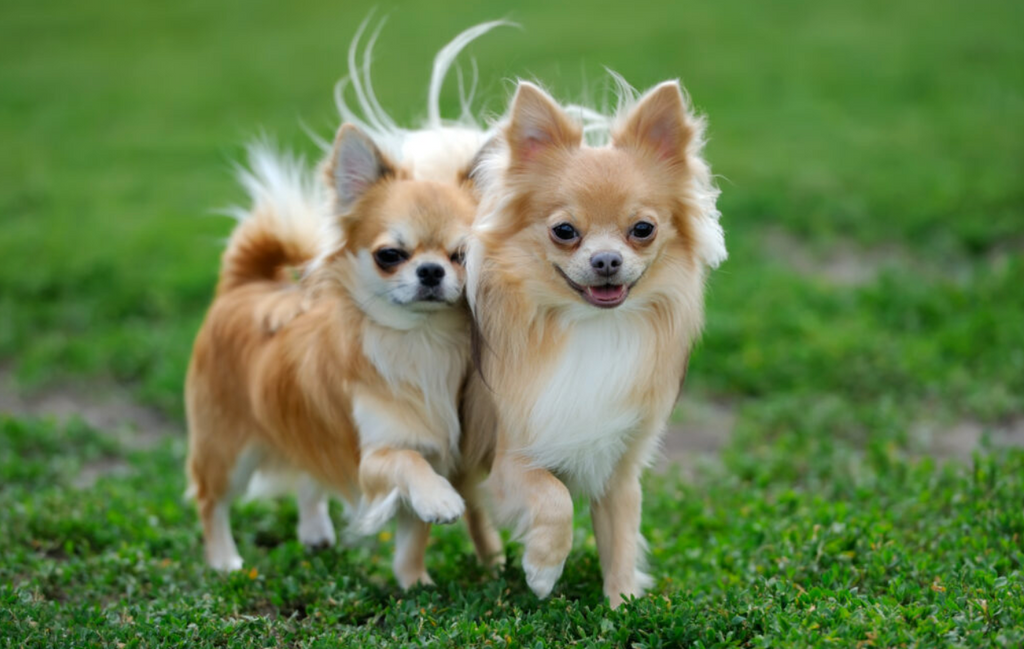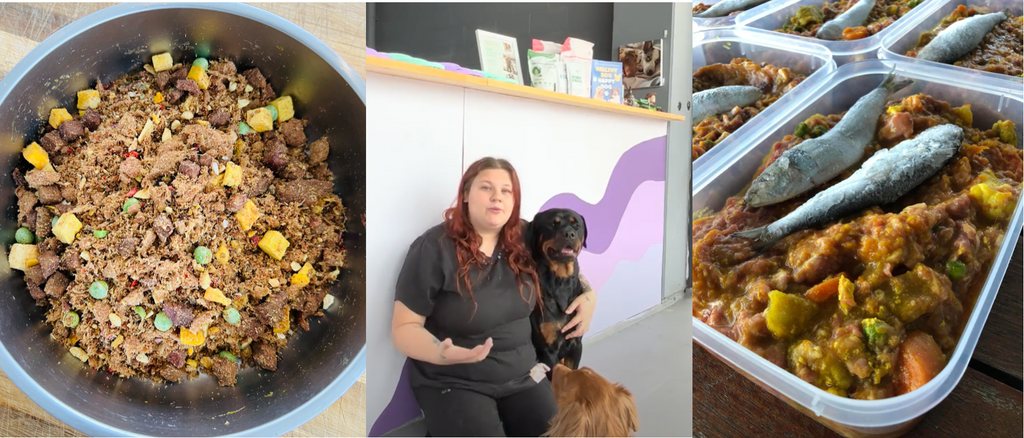
Should carbohydrates be in dog food?
If you have a dog, chances are you maybe feeding them traditional dog food.
Which is totally normal as most of us buy dog food from the supermarket and don't think to look at the labels.
But a growing number of pet owners are starting to question the ingredients in their dog food and because of the ingredients (think highly processed) many pet owners are moving to a raw dog food diet.
And one of the ingredients you will often see in commercial dog food is carbs.
And here we are going to look at if carbs are good in dog food.
Are carbohydrates good on dog food
Something you will see in pretty much all processed dog food is high levels of carbohydrate ingredients.
These may be mysterious ‘cereals’ in cheaper brands (usually wheat, corn, soy or some combination of all three), or things like brown rice, peas, lentils, chickpeas, tapioca, potato, sorghum and beet pulp in the higher end brands.
These may sound OK, probably because we know these wholefoods are nutritious additions to our own diet, but dogs and cats have no nutritional need for carbohydrates.

These ingredients are not actually present in their wholefood form like the pretty pictures on the label might suggest; they are ground down to highly refined starchy powders that act as fillers and binders, without which these products would not hold together.
They also often appear spread across multiple different ingredients (a practice known as ingredient splitting), which serves to conceal that many processed dog and cat foods are upwards of 50% carbohydrates.
For animals that don’t need any carbs in their diet, that’s a whole lot of carbs and it is thought this could be one of the reasons why over 50% of dogs in Australia are overweight

Also - a point to note is that most brands don’t disclose carb content. But commercial dog foods are around 50-60% carbs, while many premium foods are around 45%. Specifically low-carb recipes are generally around 30% carbohydrates. (Good news is that the Healthy Active Pet air and freeze dried recipes are between 5-11% carbs depending on the recipe you choose and are 100% grain free - that's a BIG difference!)
The best way to avoid these processed cereals and carbs is to feed your four-legged friend a wholefood dog food diet, either in the form of homemade food using the same nutritious ingredients you would eat yourself, or a reputable pre-made food that has been minimally processed and is clearly labelled with everything it contains.
This way you can control the dog food your dog eats and be sure they are not eating a processed and fast food diet every day.

But if you are feeding a home made diet, it is CRUCIAL to feed them a balanced diet that is full of the nutrients they need and that meets the AAFCO levels - and if you are new to raw dog food diets or are just looking for variety, then check out our recipe books here.
And if you are looking for a freeze dried or air dried dog food option then you can see our raw dog food range here.




